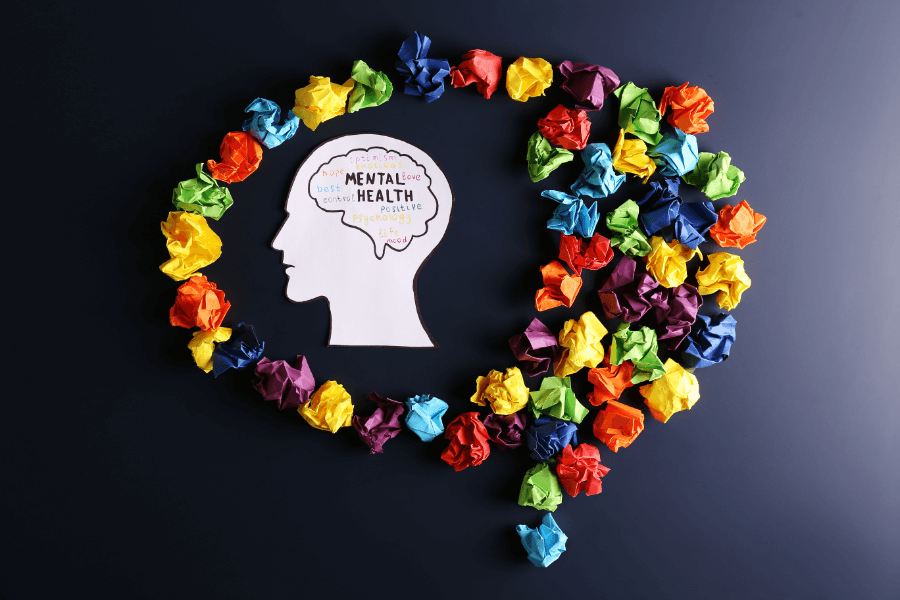The Ember Recovery Difference
Teens dealing with substance use have unique challenges ahead. Our caring and supportive staff at our adolescent drug treatment center provides safety and security to help teens recover from addiction and heal in a comfortable space.
We’re the only gender-responsive, adolescents-only treatment program in Iowa. Our staff has over 40 years in this field, specifically working with teens with substance use disorders.
Our counselors are trained to build confidence, coping skills, and education on substance use to help teens achieve their recovery goals. The treatment team reviews each individual’s progress to ensure strong progress and maximize success.
From the moment you call or message to the initial intake to the last day of rehab, you can rely on an open and transparent process. You can trust that your teen is in the best possible hands to address their addiction, stay on track with their education, and transition into a healthier and more positive day-to-day life.




